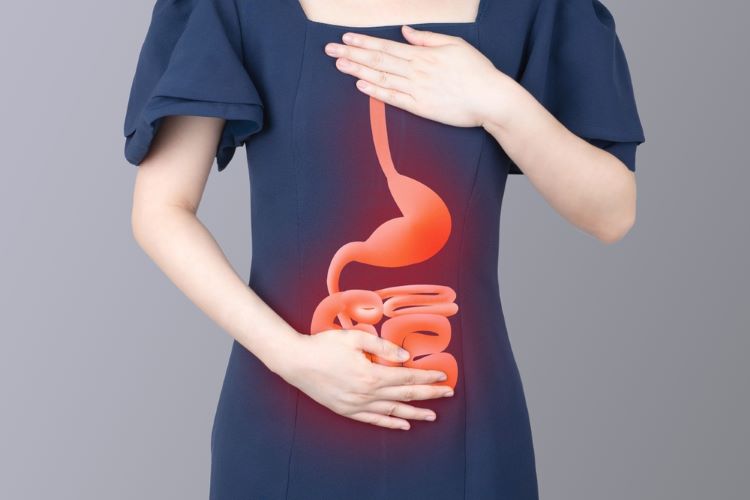NICE recommends combo therapy for gastroesophageal cancer
Posted: 24 November 2022 | Catherine Eckford (European Pharmaceutical Review) | No comments yet
Nivolumab together with chemotherapy has been recommended in NICE final draft guidance for treatment of gastroesophageal cancer.


Nivolumab (Opdivo), together with chemotherapy has been recommended in the National Institute for Health and Care Excellence NICE final draft guidance for untreated HER2-negative, advanced or metastatic gastric, gastroesophageal junction (GEJ) or oesophageal adenocarcinoma where tumours express programmed death-1 receptor (PD-L1).
Clinical data showed nivolumab plus chemotherapy increases life expectancy and delays the cancer becoming worse, offering patients eight percent long-term remission compared to the current statistic of four percent.
Nivolumab, a targeted immunotherapy produced by Bristol Myers Squibb, recognises and attaches to the PD-1 protein, which can shut down the immune system. Nivolumab then blocks the protein to enable the immune system to continue to attack the gastric, oesophageal or gastroesophageal junction cancer cells.
HER2 negative cancer cells can grow slower than cancer cells with a large amount of HER2 and thus are less likely to return or spread to other parts of the body.
NICE’s interim director of medicines evaluation Helen Knight explained: “The combination of nivolumab plus chemotherapy not only has the potential to slow the disease down and extend life for people with these forms of cancer, but there is some promise of long-term remission.”
Knight added: “We know there is a significant impact on the quality of life for people with these forms of advanced cancer and therefore I’m delighted that we have been able to recommend this innovative treatment for people with these rare forms of gastroesophageal cancer.”
The recommended dose for Nivolumab alongside chemotherapy is 360mg every three weeks or 240mg every two weeks.
In related news, a first-in-class monoclonal antibody (mAb) Zolbetuximab plus mFOLFOX6 (oxaliplatin, leucovorin and fluorouracil) achieved significant progression-free survival in a Phase III trial for advanced gastric or gastroesophageal junction (GEJ) cancer.
Related topics
Chemotherapy, Drug Development, Drug Safety, Immunotherapy, Regulation & Legislation, Research & Development (R&D), Therapeutics
Related organisations
Bristol-Myers Squibb, National Institue for Health and Care Excellence (NICE)
Related drugs
Related people
Related diseases & conditions
gastroesophageal junction adenocarcinoma, metastatic gastric adenocarcinoma, oesophageal adenocarcinoma









